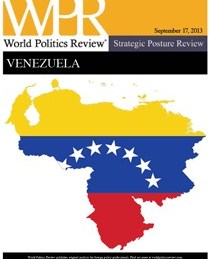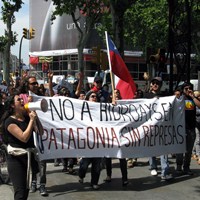
Brazil and the United States have long had a relationship unlike others in the Western Hemisphere. Despite some obvious similarities and important common interests, Brasilia and Washington have not traditionally shared the same worldview—perhaps they never will. As a result, policymakers are frequently left searching for an elusive equilibrium in the relationship, and casual observers can be taken by surprise when events, such as the revelations of U.S. intelligence gathering activities in Brazil, occur that highlight both the promise and also the fragility of the bilateral partnership. Brazil is clearly a nation on the rise. Its strong democracy makes it […]







